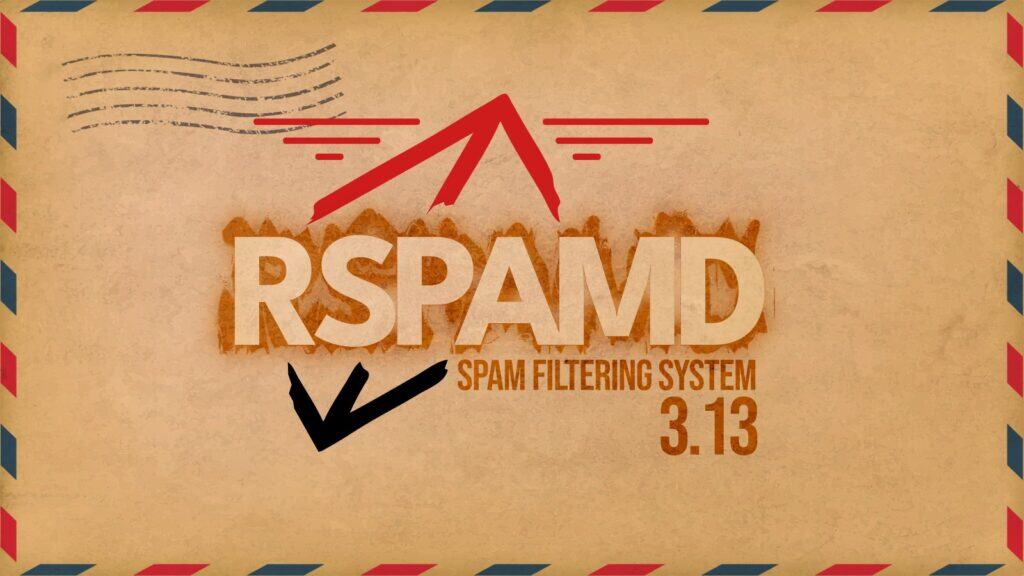Three months after the previous 3.12 release, Rspamd, a free and open-source advanced spam filtering system widely used in mail servers, mail gateways, and security appliances in managing email spam, released its latest update, 3.13.
One of the headline changes is the move to multiclass Bayes classification. Instead of the traditional spam/ham split, Rspamd now supports two to twenty named classes, processed in a single Redis call per message. This works with the existing is_spam setup, but adds labeled classes and autolearn.
The Lua API and CLI have been updated, too, with new commands like rspamc learn_class:transactional and a Lua function for pulling multiclass results.
The neural module has also been overhauled. It’s now provider-based, supports versioning, and adds pluggable feature fusion with trained normalization. Redis-backed caching for LLM embeddings is part of this as well, aiming to keep both cost and latency under control.
On the parsing side, the MIME parser can now auto-detect part types, and the HTML parser extracts more features for downstream modules.
Apart from that, in Rspamd 3.13, multimap selectors have been added, HTTP timeout handling is improved, and upstream reliability now benefits from a probe mode. Plus, the WebUI gaining a Bootstrap refresh, Bayes class management, and new end-to-end scanning test flows.
Last but not least, LLM and GPT integrations have seen tweaks too, with better prompt handling and initial support for OpenAI’s GPT-5. Fixes in this release include a rewritten and optimized DCC plugin, improved DKIM body canonicalization, and a range of smaller reliability updates.
For more information, see the announcement or refer to the project’s GitHub changelog.
